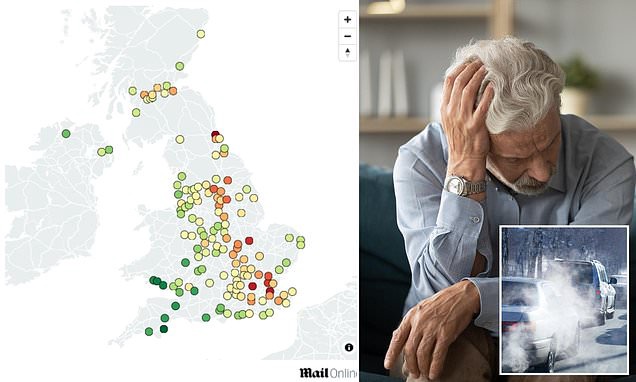Overview
- A University of Cambridge review of 51 studies with data on 29 million participants found that every 10 μg/m³ increase in PM2.5 raises dementia risk by 17%, every 10 μg/m³ increase in NO₂ raises risk by 3%, and each 1 μg/m³ increase in soot raises risk by 13%.
- The Lancet Planetary Health meta-analysis mapped high-exposure hotspots in the UK, reporting average roadside PM2.5 levels of 10 μg/m³ and NO₂ levels of 33 μg/m³ in Central London, with soot concentrations peaking at 1.51 μg/m³ in Birmingham.
- Researchers suggest inhaled pollutants may trigger brain inflammation and oxidative stress that contribute to cognitive decline and the onset of dementia.
- A concurrent global study published in Scientific Reports indicates that moderate-to-high urban greenness can mitigate the association between PM2.5 and ozone exposure and the disease burden of Alzheimer’s and other dementias.
- Experts call for stricter emission standards, interdisciplinary urban and transport policies, and more inclusive research to address health equity gaps and reduce the growing dementia burden.



